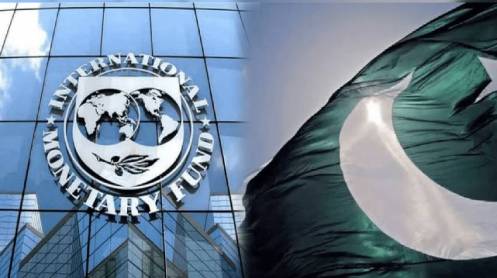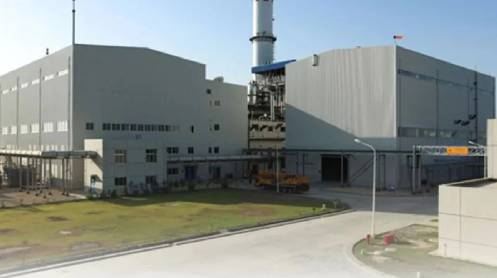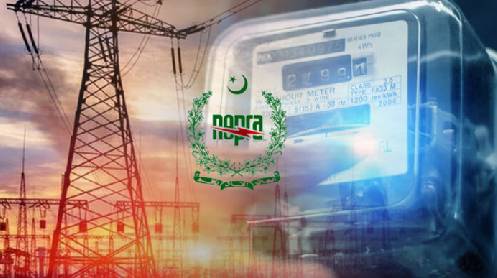ISLAMABAD: The government and the International Monetary Fund (IMF) are grappling with unresolved energy sector issues, raising concerns of potential defaults among major public-sector entities. These challenges are casting doubt on the stability of the $7 billion loan program signed just two months ago.
The IMF, led by mission chief Nathan Porter, also expressed concern over missed provincial cash surplus targets, especially due to Punjab’s overspending of about Rs160 billion. Despite other provinces meeting targets, the national provincial surplus target of Rs350 billion was missed.
In response, the Punjab Assembly has now passed the Punjab Agriculture Income Tax (Amendment) Bill 2024, aiming to address fiscal gaps, with similar legislation expected in other provinces.
Meanwhile, Minister of State for Revenue Ali Pervaiz Malik dismissed rumors of a mini-budget or increased petroleum levy, affirming that external financing needs were anticipated and any shortfall could be covered through improved remittances and exports.
Energy sector challenges have intensified with gas companies facing annual losses exceeding Rs400 billion. Efforts to disconnect gas supplies to inefficient captive power plants (CPPs) are being debated, as a blanket disconnection could lead to significant defaults for Pakistan State Oil (PSO), SNGPL, and SSGCL. A hybrid approach is now being considered to allow efficient CPPs to operate on full-cost imported RLNG while shifting inefficient ones to the electricity grid.
To further manage gas shortages, retail gas supply restrictions and deferred LNG shipments from Qatar have been imposed, but issues remain. The power sector’s reduced reliance on RLNG has shifted financial strain to the petroleum sector, particularly impacting PSO under its “take or pay” LNG contract with Qatar.
Story by Khaleeq Kiani





